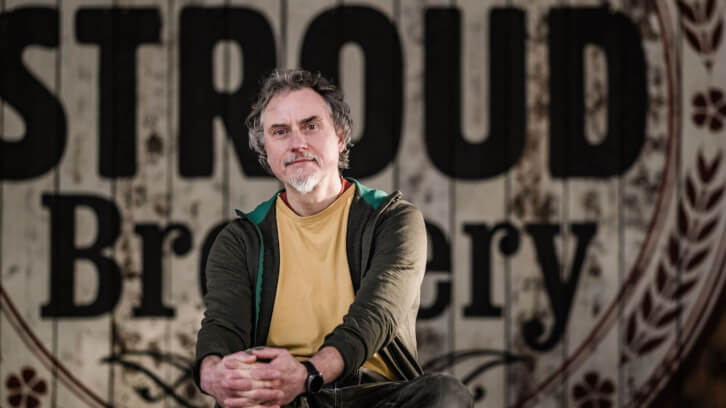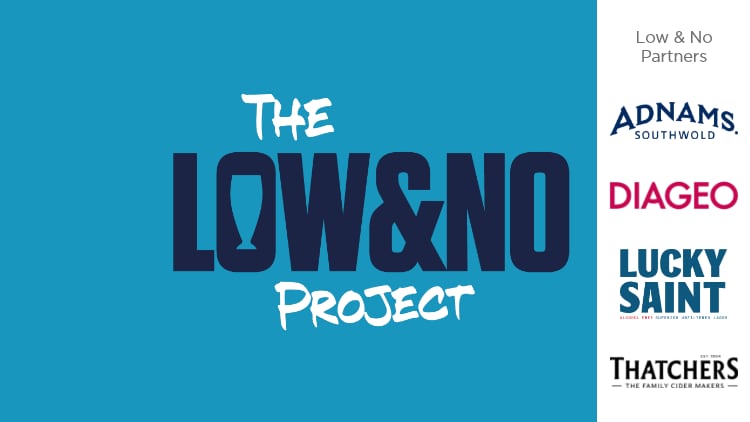But that’s what myself and colleagues, Arthur and Sam, were doing recently and, yes, this was in the name of beer-making: fresh, young nettles add zing without the sting to our annual harbinger of spring, Stinger pale ale.
Another spring special now on tap is Aledeflower Pale Ale, this time infused with fragrant elderflowers. Mixing tradition, nature and contemporary tastes has always underpinned our brewing philosophy.
Hence, I was delighted to discover the grassroots petition calling for the UK’s cask ale to be nominated for UNESCO’s Intangible Cultural Heritage (ICH) status. With some lateral thinking, this could offer an opportunity for the sector to tackle present challenges and create a vibrant future.
The name may sound vague but it refers to those traditions, activities and items considered to help define a country’s way of life, history, and distinctiveness. They’re also what communities consider need protecting.
Safeguarding
The French baguette, straw weaving in Belarus, Arabic coffee, dry stone building techniques, dragon boat festivals and Belgian beer - a few examples from the numerous activities already granted this status.
And if Belgian beer can receive this protection, why shouldn’t cask ale? Beer has been brewed in England for thousands of years and our cask ale is as much a part of UK culture as cricket, royalty and the Sunday roast.
I don’t believe the decline in cask ale sales stems just from changing tastes or the popularity of the product, but more about the economy and equality of opportunity for the range of cask beers made across the UK to have access to pubs.
And intertwined with cask ale’s evolution has been that of the pub. Is it a pub if it doesn’t serve cask ale? No!
Due to cask ale not being refrigerated and without added carbon dioxide, it needs skilled cellar management to keep it in good condition. Where else could cask ale be drunk apart from in a pub? So, safeguarding cask ale means safeguarding pubs too - our unique cultural heritage.
Without the pub, where would people socialise, connect, and take time away from the pressures of daily life? Not everyone has children or is religious and even then, churches and schools don’t always provide the opportunity to simply get together and talk about anything and everything.
Tangible results
Certainly, pubs serve keg beer as well as cask but we should shift our thinking from cask ale being simply a product, and view it as a pint of culture, heritage and an experience sought out by many foreign visitors eager to sample a quintessential aspect of UK life: the pub as well as our beer.
There could be yet another benefit to add to the list: attracting more young people to pubs and to cask ale.
Although the sale of cask ale has decreased from 37% to 35%, a YouGov survey reveals a sharp rise in the number of 18–24-year-olds drinking this type of ale, from 16% last year to 25% this year.
Wouldn’t that be a wonderful hat trick from one simple designation? Protecting cask ale and the pub, plus embedding these in the psyche and identity of future generations.
The title might suggest intangible but the long-term results could be very tangible indeed. Show your support and sign the petition here.



